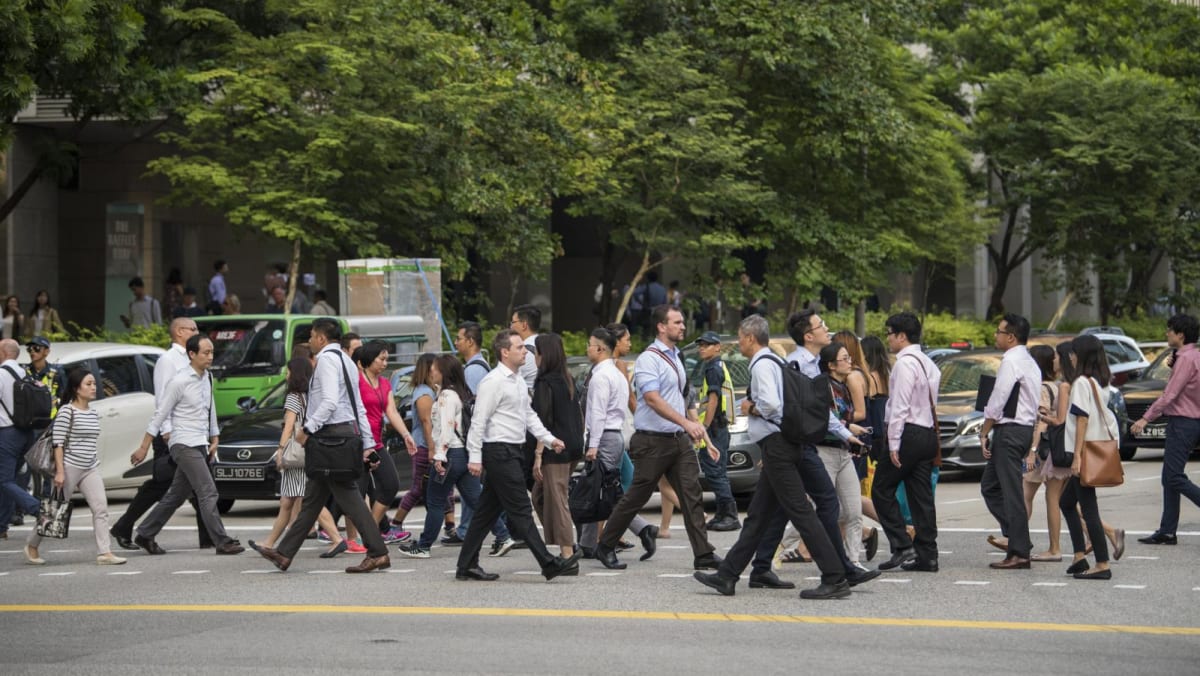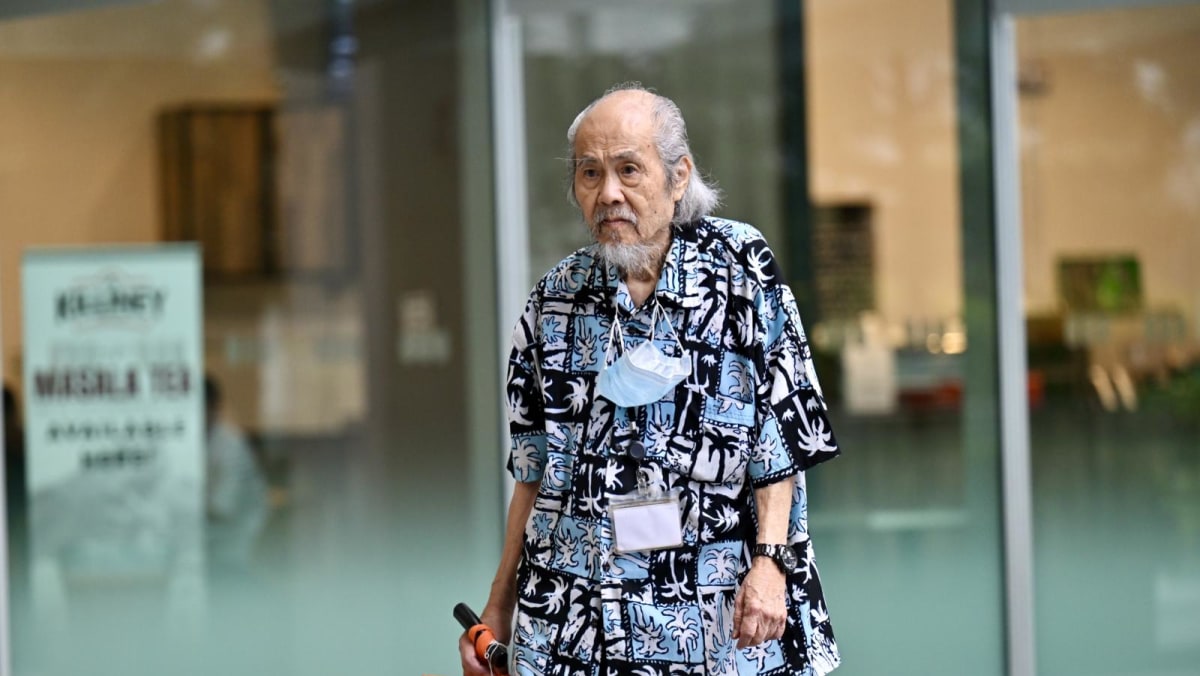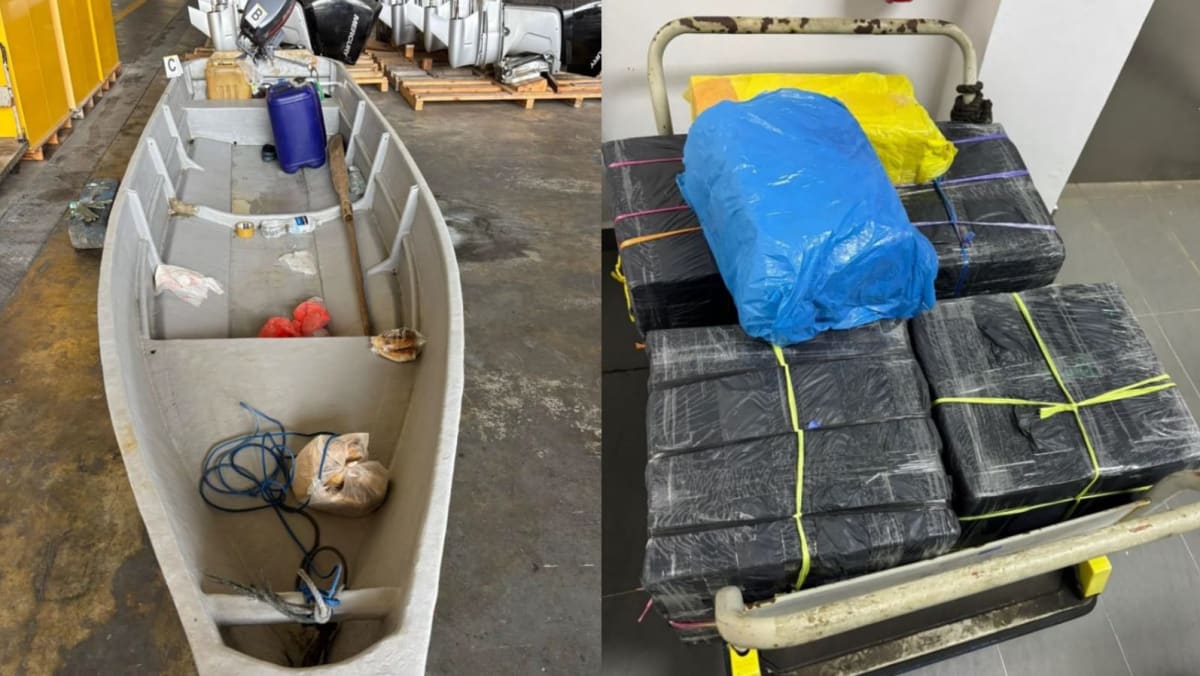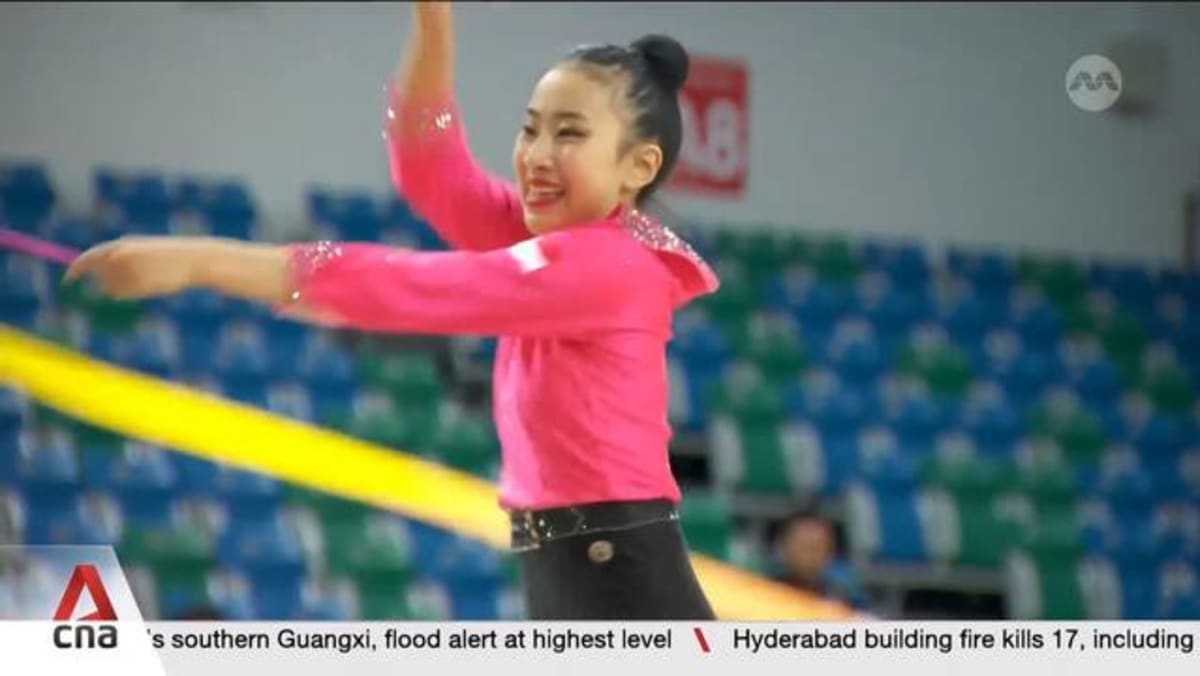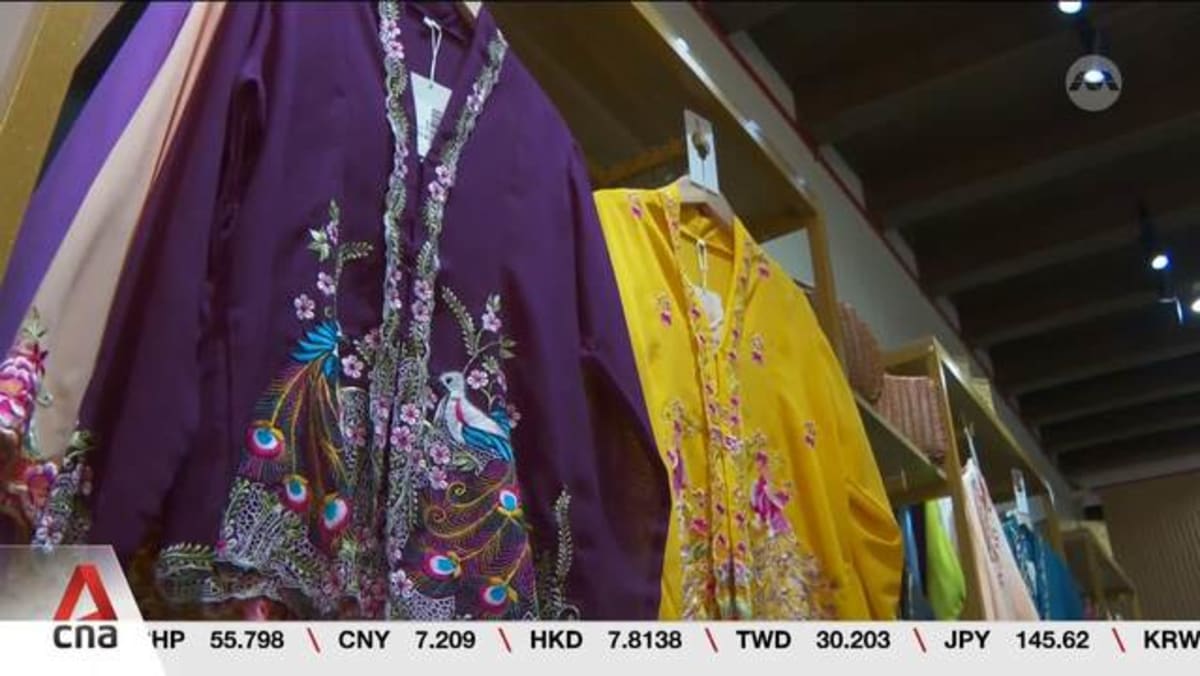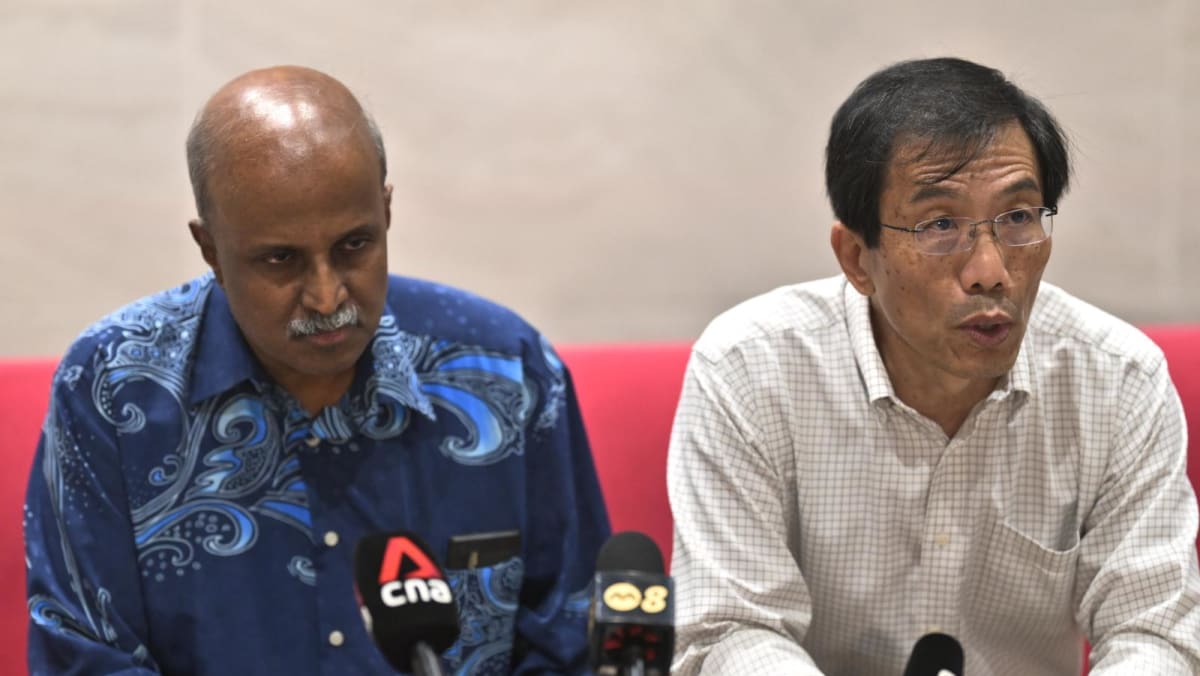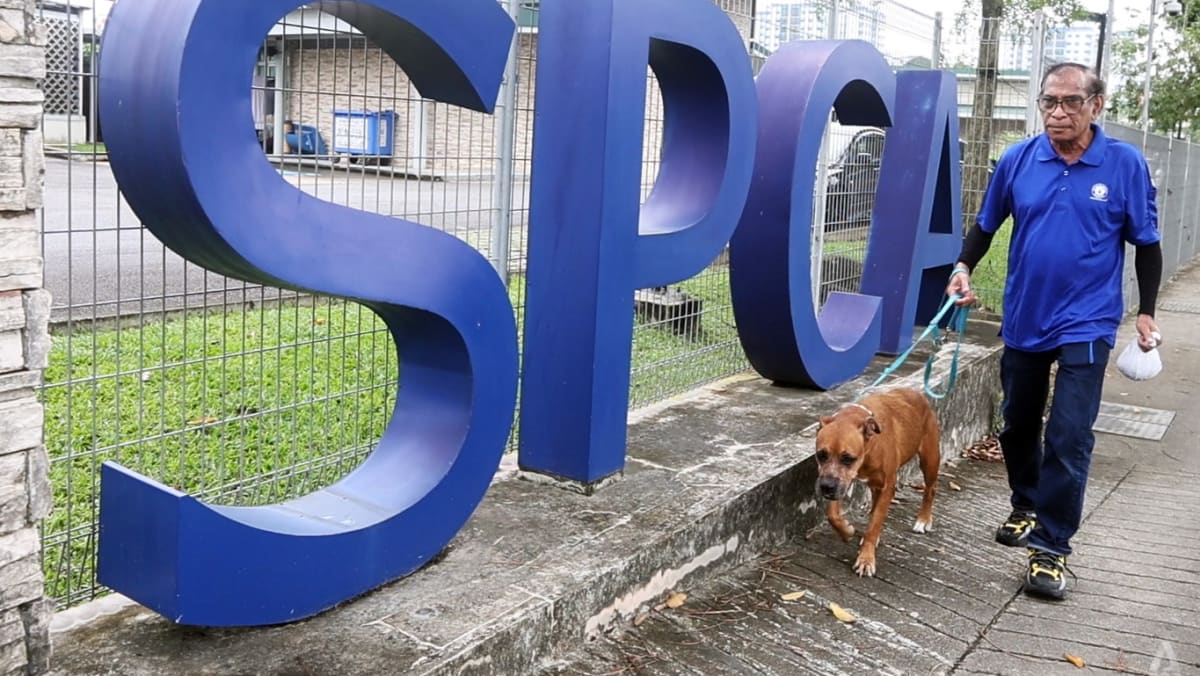SINGAPORE: In 2024, Singapore’s Gini coefficient, a statistical measure illustrating the gap between the richest and poorest in a country’s income or wealth distribution, fell to a record low of 0.365 (after accounting for government transfers and taxes). This marked a significant milestone in efforts to reduce income inequality, particularly sustained policies aimed at strengthening social safety nets and redistributing resources to support lower-income households.
For example, households in one- and two-room Housing and Development Board flats received an average of S$16,805 per household member from a range of government schemes, more than twice the amount received by all resident households.
However, while these transfers provide essential financial relief and improve immediate well-being, they alone do not foster long-term economic mobility. Sustainable wage growth and skills development remain key to uplifting workers.
To address this, Budget 2025 has introduced several measures to enhance workforce support. One key initiative is the expansion of the Workfare Skills Support (WSS) scheme, which provides lower-wage workers aged 30 and above with monthly training allowances when they enrol in selected part-time or full-time courses.
Under the revised scheme, part-time trainees will receive a fixed monthly allowance of S$300, while full-time participants can receive up to 50 per cent of their average income over the past 12 months.
By shifting the focus towards incentivising skill acquisition, this policy takes a crucial step towards equipping lower-wage workers with the tools for upward mobility and long-term financial stability.





